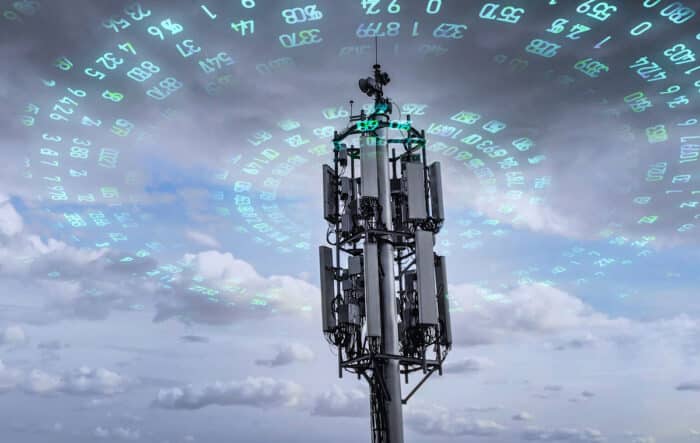
Verizon STIR/SHAKEN FCC comment overview:
- Who: Verizon has urged the Federal Communications Commission to ensure that the agency’s STIR/SHAKEN caller ID authentication technology can work together with currently existing anti-robocall techniques.
- Why: The FCC has been pushing for widespread adoption of its STIR/SHAKEN technology as it looks to crack down on robocalls.
- Where: Nationwide.
Verizon Wireless is urging the Federal Communications Commission (FCC) to ensure the agency’s STIR/SHAKEN caller ID authentication technology can work in conjunction with existing anti-robocall techniques.
The request comes as the FCC has been pushing for the widespread adoption of its new STIR/SHAKEN technology.
“While STIR/SHAKEN is key to elevating trust, it will be most effective when it can more effectively support other tools like call blocking and, most importantly for international call traffic, robust and widespread know-your-customer (‘KYC’) programs,” Verizon wrote in a comment to the FCC on Oct. 21.
The FCC is welcoming comments on how the agency can expand the robocall mitigation requirements for every U.S.-based intermediate provider, which work to route calls between their origin and their final destinations, Law360 reported.
The commission reportedly is also in the process of determining whether or not spoofing rules and anti-robocall rules need to be applied to the intermediate providers in general.
Intermediate providers not currently required to register with Robocall Mitigation Database
As it stands, intermediate providers are not required to register themselves with the Robocall Mitigation Database (RMD), Law360 reported.
The FCC, meanwhile, reportedly voted unanimously in May to make it so providers must block illegal robocalls when they are routing phone calls into the country.
The STIR/SHAKEN protocol — which works by dividing calls routed by a service provider into three levels notated “A,” “B,” and “C,” based on how aware of a call’s source they are — is a direct result of the May vote, Law360 reported.
“Ensuring the integrity of STIR/SHAKEN attestations will require action on two fronts: first, covering the vast majority of call attestations with either A or B-level attestations, and second, basing providers’ attestations of calls on real information and accurately assigning them the appropriate level of trust, as measured by objective standards and best practices,” Verizon wrote.
Gateway providers that channel international calls are reportedly also now required to register themselves with the RMD and comply with traceback requests made by the FCC and law enforcement agencies.
Verizon was also in the news last month.
A class action lawsuit was filed against Verizon in September by a group of customers claiming the company charges hidden fees to its wireless plan holders at the end of the month.
Have you received an unwanted robocall? Let us know in the comments!
Don’t Miss Out!
Check out our list of Class Action Lawsuits and Class Action Settlements you may qualify to join!
Read About More Class Action Lawsuits & Class Action Settlements:





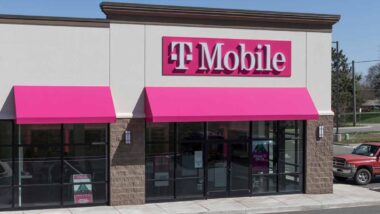

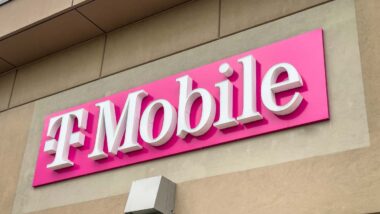
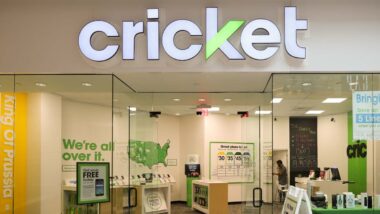
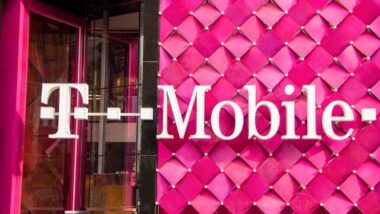
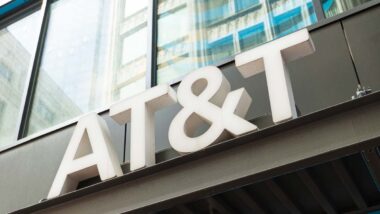
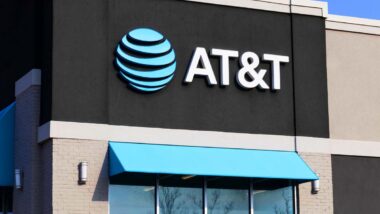
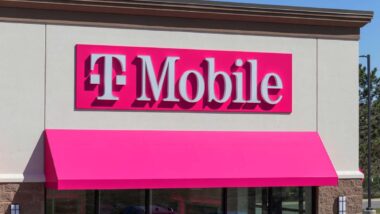
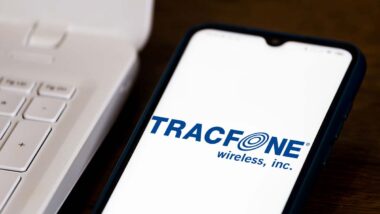

2 thoughts onVerizon says FCC should work with caller ID authentication technology to avoid robocalls
Add me please
Add me as we have been with Verizon for years until their rates became to high!